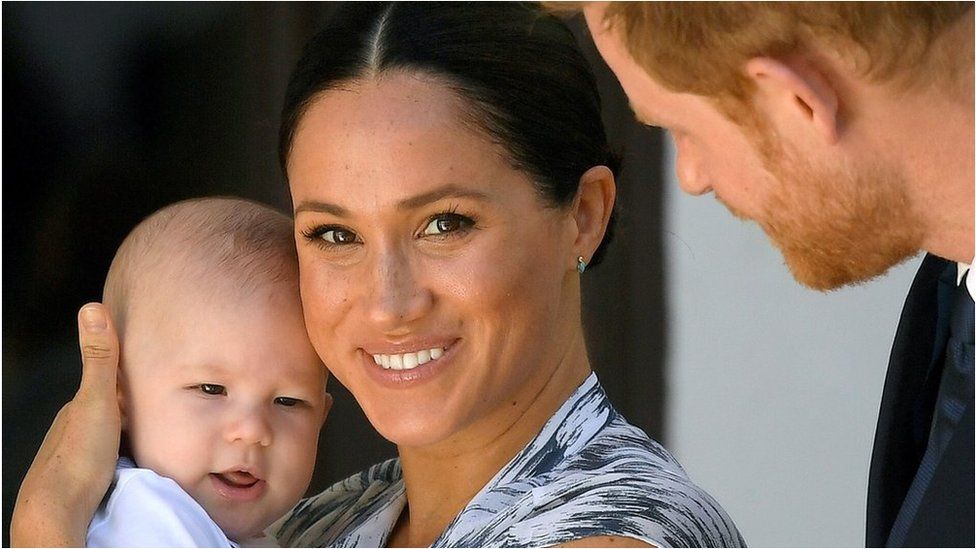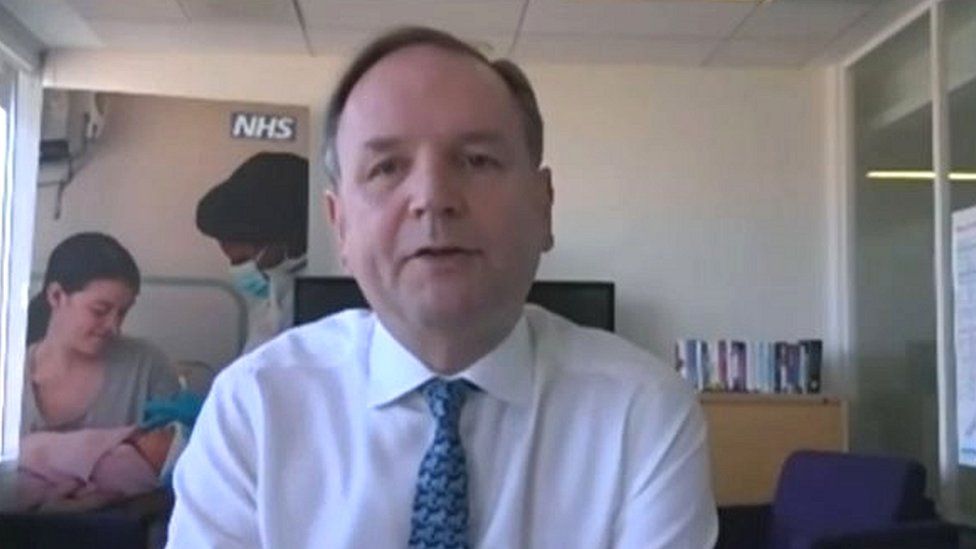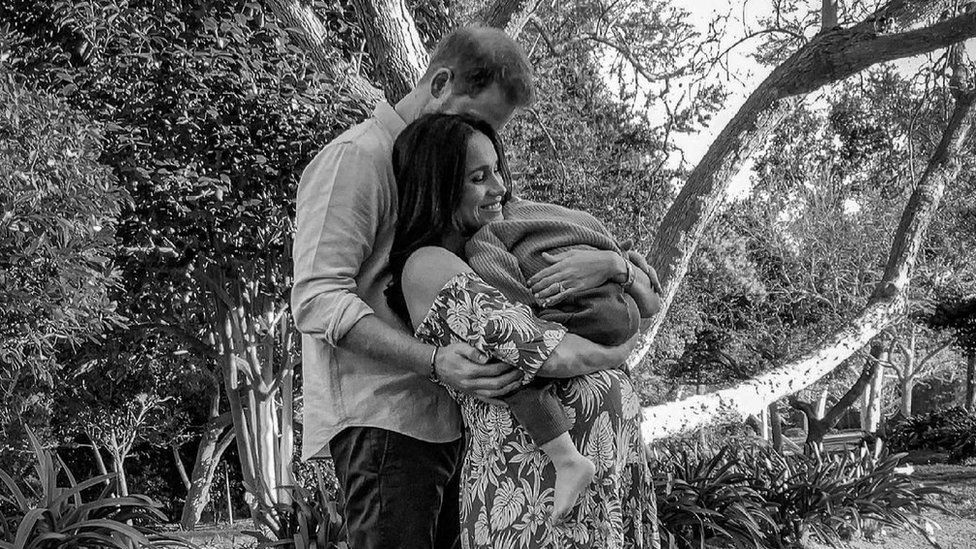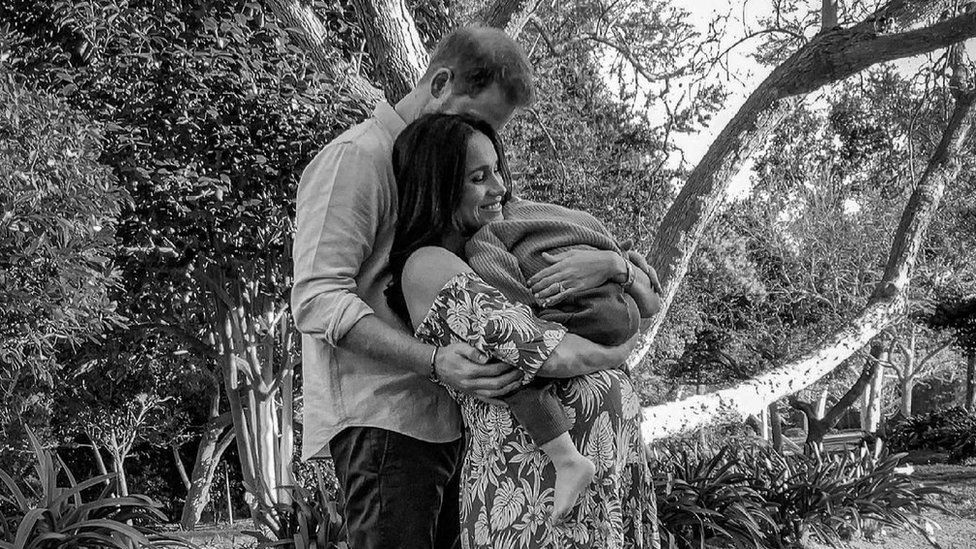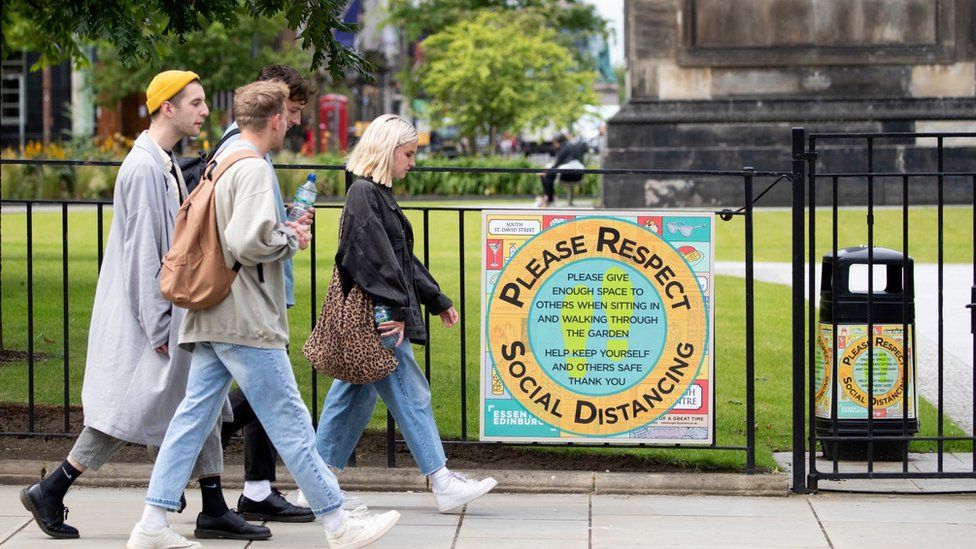
Up to four adults from two different households will be able to meet outdoors in Scotland from Friday of this week, it has been confirmed.
The current rules only allow outdoor meetings between two adults from two households.
Restrictions on young people will also be eased, with four people aged between 12-17 able to meet even if they are all from different households.
Outdoor non-contact group sports for adults will also restart on Friday.
And people will be able to gather for communal worship from 26 March, so long as no more than 50 people are in attendance and physical distancing is maintained throughout.
First Minister Nicola Sturgeon said the "modest" easing was the result of the progress the country was making in suppressing the virus.
However, the overall requirement to stay at home will remain in place except for specific purposes - which from Friday will include limited, outdoor socialising and recreation.
And the first minister said the strong grounds for hope must be balanced by caution.
She said: "Because we have been in lockdown, it is easy to overlook the fact that the virus we are dealing with now is much more infectious than the one we were dealing with in the autumn.
"But we will be reminded of that very quickly if we try to do too much too soon."
Ms Sturgeon said she will set out a firmer indicative timetable for re-opening the economy - including shops, hospitality, hairdressers, gyms and parts of the tourism industry - next week.
She also said she hoped to be in a position to relax the current travel restrictions in the weeks ahead - but insisted that it was not yet safe to do so.
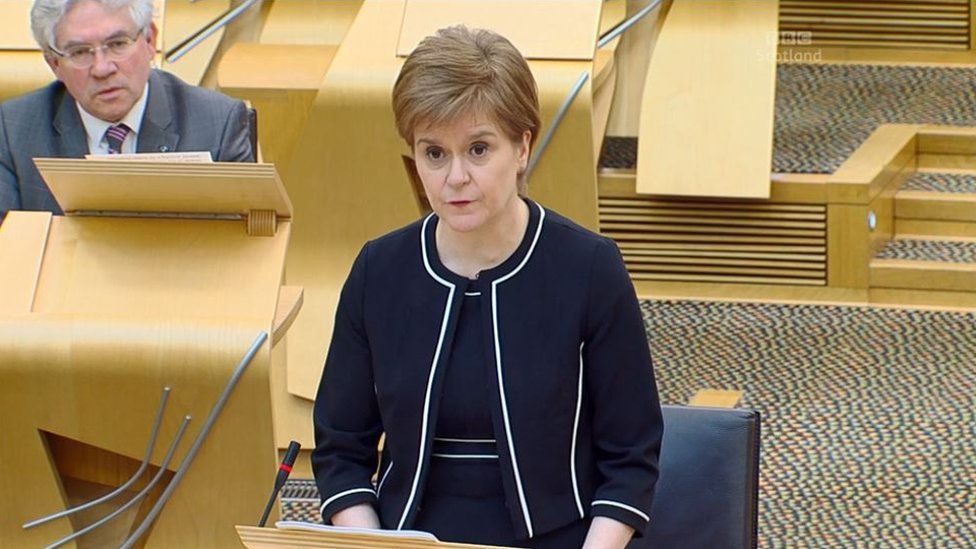
Ms Sturgeon told MSPs that new cases, the number of people being admitted to hospital and deaths were all "still higher than we would want".
However she said there was a clear "positive trend" in figures, alongside "excellent progress with the vaccination programme".
Although the number of vaccines being administered each day has fallen in recent weeks, the first minister said supplies would increase to "allow for a very significant acceleration" of the programme from mid-March.
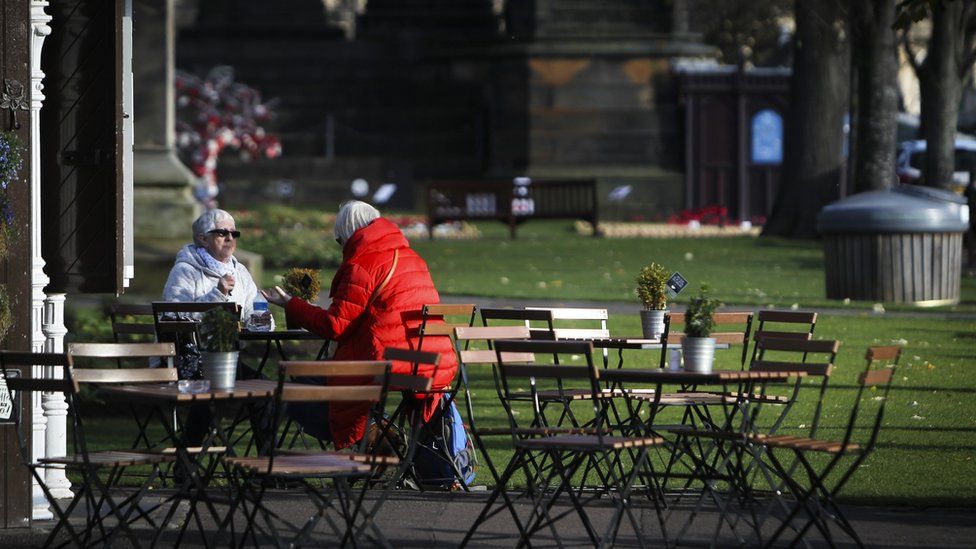
Ms Sturgeon said that while the current prospects were "very encouraging indeed", it was "essential" to get the timing of easing lockdown right.
She said: "Even though we are heading firmly in the right direction right now, we cannot afford to take our foot off the brake too soon.
"We still need to keep the virus under control if our hopes for a much more normal summer are not to suffer a setback."
The government had planned to move Scotland out of full lockdown and back into a regional levels system from late April.
Ms Sturgeon told MSPs that "if the data allows us to relax more restrictions more quickly than we have previously indicated, we will not hesitate to do so".
However she warned that people must stay within the rules, saying: "I am certain that easing restrictions too quickly would be a mistake that we would regret."
'Difficult challenge'
Ms Sturgeon took questions from MSPs after her statement, with Scottish Conservative group leader Ruth Davidson questioning whether the government would "increase the actual amount of teaching time pupils will get" when back in school.
She said: "Pupils and parents were promised a return to the classroom, but from the information they are now being sent for many this will amount to only a few hours at best."
The first minister replied that children returning to schools even part-time was a "significant change", saying: "I will always look parents in the eye and explain the difficult challenges we are trying to balance."
Scottish Labour leader Anas Sarwar said the easing of rules around socialising outdoors was "very welcome", saying it was "important for people's mental health and wellbeing".
However he said the government must strive to "ensure this is our last lockdown" by getting its testing and vaccination programmes right.
Meanwhile, Scottish Lib Dem leader Willie Rennie asked if there could be an increase in cases in Glasgow after Rangers fans gathered to celebrate the football team winning the Scottish Premiership title.
And Scottish Green co-leader Patrick Harvie claimed the club "did nothing" to prevent the gathering.
Ms Sturgeon said any spike in infections would not become clear for several weeks.
She added: "Make no mistake, having crowds of people risks spreading this virus - people who gather are putting their own health at risk, but also that of their loved ones and the wider community.
"That behaviour wasn't just irresponsible, it was deeply selfish".


https://news.google.com/__i/rss/rd/articles/CBMiL2h0dHBzOi8vd3d3LmJiYy5jby51ay9uZXdzL3VrLXNjb3RsYW5kLTU2MzM3NDc10gEzaHR0cHM6Ly93d3cuYmJjLmNvLnVrL25ld3MvYW1wL3VrLXNjb3RsYW5kLTU2MzM3NDc1?oc=5
2021-03-09 14:54:52Z
52781422034969
